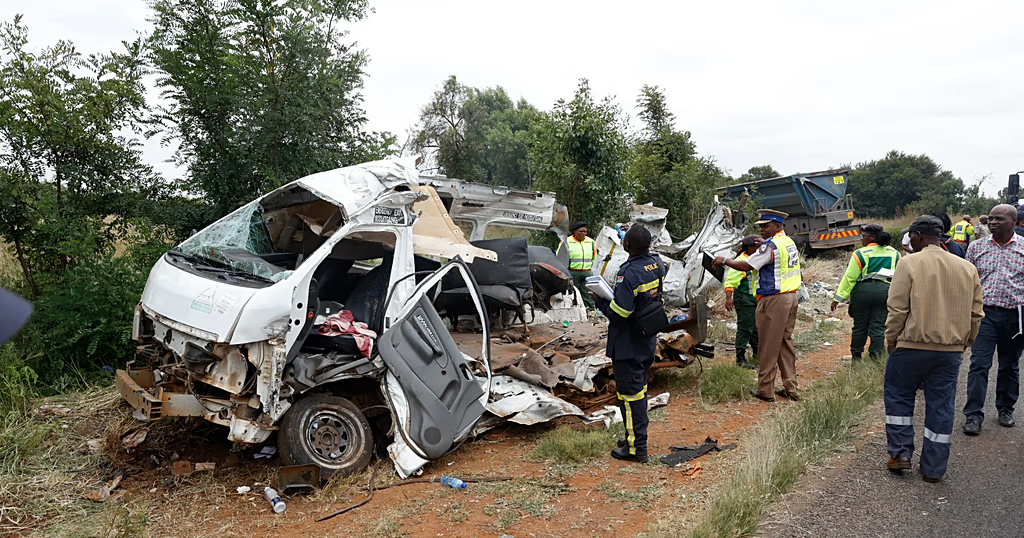The capital of South Darfur, Nyala, is grappling with a severe water crisis that has left its residents sickened by polluted drinking water. The situation was exacerbated by the recent battles and subsequent control shift to the Rapid Support Forces (RSF). Despite these challenges, the Nyala Stock Exchange has symbolically reopened its doors after a months-long hiatus.
The battles in Nyala, lasting roughly six months, resulted in a tragic toll of over 2,000 civilian and military casualties. The city’s primary water source, Wadi Burlei, became a grim reminder of the conflict, with bodies lying near its banks, making it unsafe for consumption. Consequently, the population faced waterborne diseases and infections, reflecting the dire consequences of the crisis.
Efforts to mitigate the situation included the distribution of chlorine by the Red Crescent Society. However, challenges emerged as water tank owners sometimes neglected to add chlorine to the water due to concerns about its odor and its perceived correlation with iron corrosion. Consequently, the waterborne illnesses continued to afflict more individuals, straining the local healthcare system.
The root causes of the water pollution were attributed to the absence of water purification mechanisms and inadequate waste management. These issues were exacerbated during the rainy season, highlighting the urgent need for comprehensive solutions to address the city’s environmental and public health challenges.
Amid these pressing concerns, the reopening of the Nyala Stock Exchange offered a glimmer of hope for the city’s economic resurgence. The event was attended by key government officials, RSF commanders, and community leaders, signifying a collective commitment to restoring normalcy and rebuilding the city’s infrastructure.
Salah El Mowaj, the secretary-general of the South Darfur government, urged public servants to return to their duties, emphasizing the importance of enhancing civil operations and reviving essential services. Additionally, the RSF pledged to uphold security measures to facilitate the Stock Exchange’s activities, signaling a collaborative effort to drive economic recovery in Nyala.
The juxtaposition of the water crisis and the symbolic reopening of the Stock Exchange reflects the complex reality of life in South Darfur. While the population grapples with the immediate ramifications of water pollution, the city’s leaders are striving to revive its economic vitality and lay the groundwork for a sustainable future.



